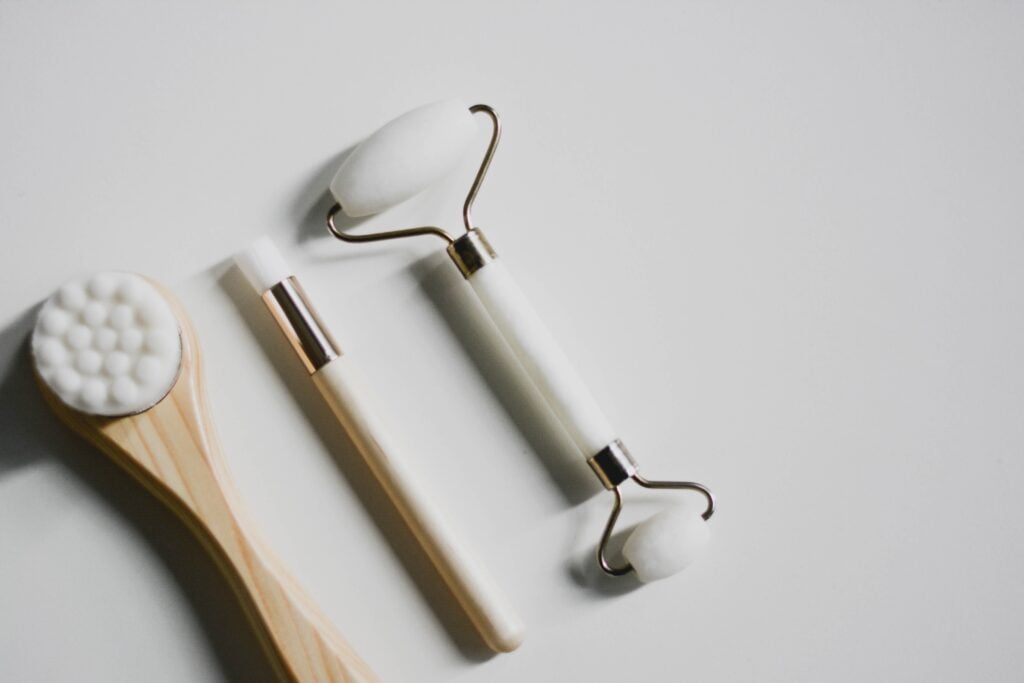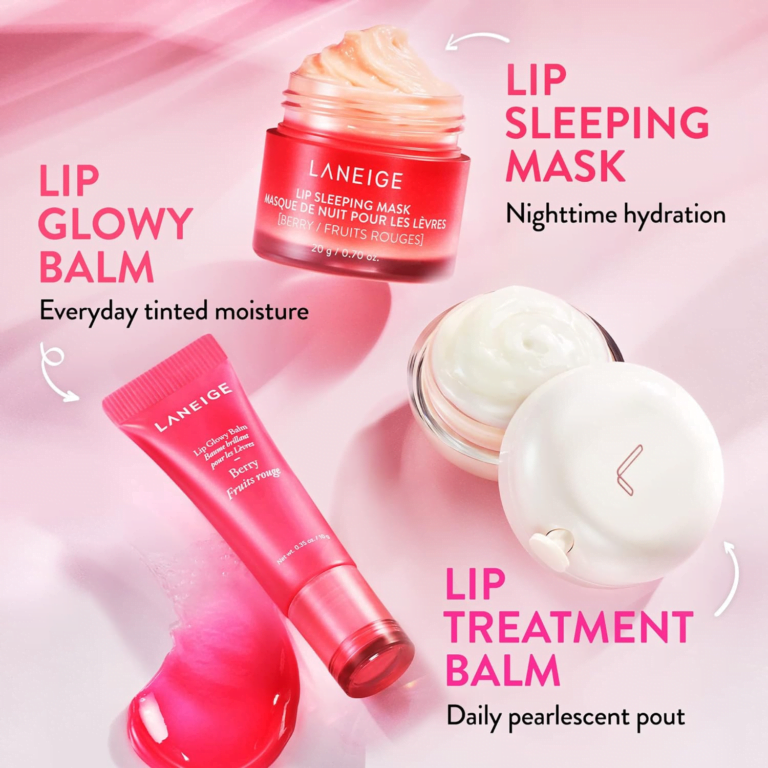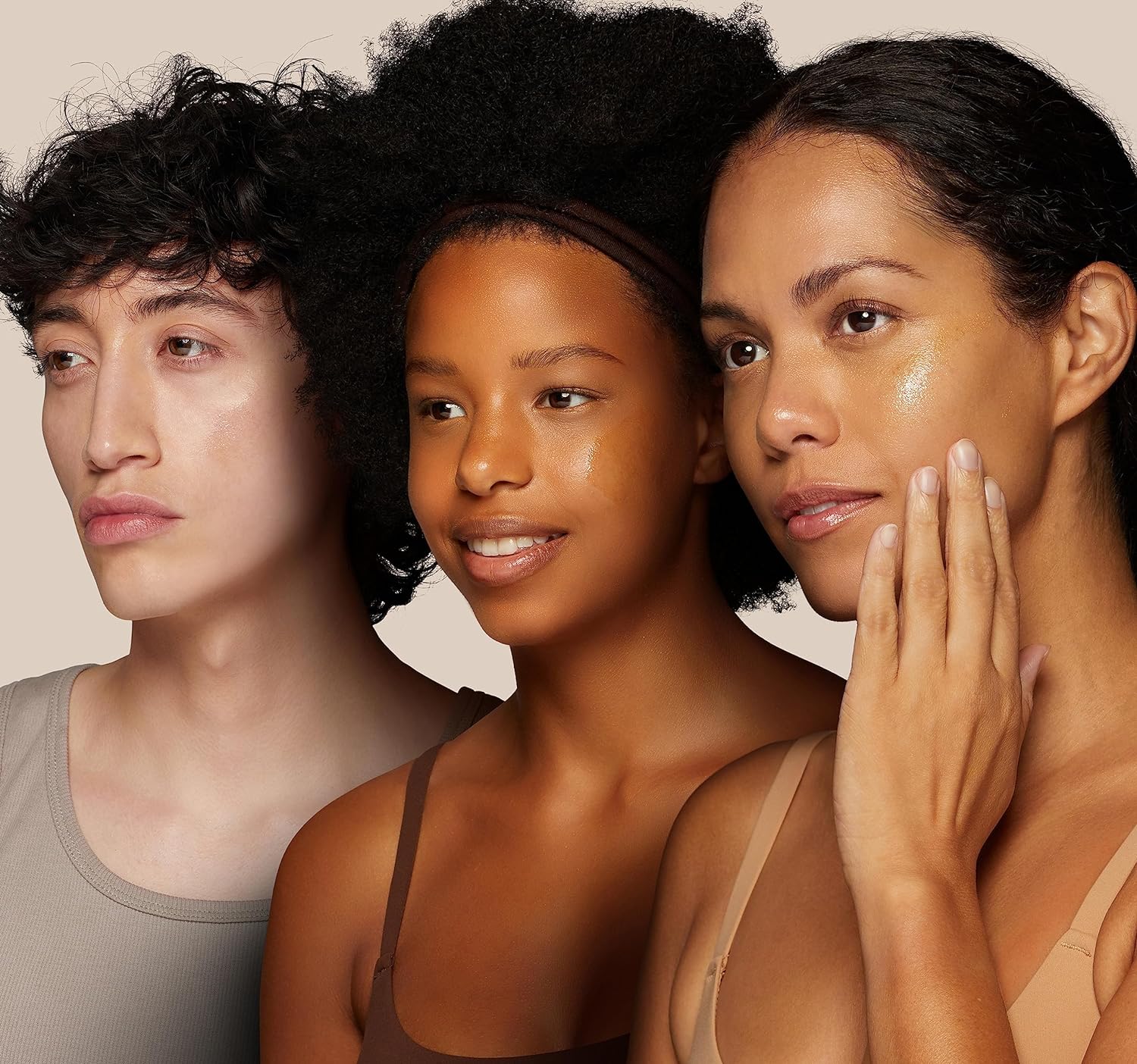
Essential Guide: What Not to Apply on Your Skin. When it comes to your skincare routine, making informed choices is crucial. Your face is a delicate canvas that deserves the utmost care.

Essential Guide: What Not to Apply on Your Skin While knowing what to avoid is crucial, there are additional tips that can help you achieve skin that radiates health and beauty. Here are a few more valuable insights to enhance your skincare routine:
Unfortunately, there are several products and substances that should never make their way onto your skin. To maintain a healthy complexion and avoid potential issues, here’s a comprehensive guide on what you should avoid applying to your face.
1. Heavy Fragrances and Synthetic Scents
Scented skincare products might seem enticing, but they can spell trouble for your skin. Fragrances, particularly synthetic ones, often contain harsh chemicals that can trigger irritation, allergies, or even more severe reactions. Opt for fragrance-free alternatives to ensure your skin remains calm and free from unnecessary sensitivities.
2. DIY Lemon and Citrus Mixtures
Natural ingredients are fantastic for skincare, but not all natural remedies are suitable for your face. Lemon and citrus juices are highly acidic and can disrupt your skin’s pH balance, leading to irritation, redness, and increased sun sensitivity. Avoid applying these directly and opt for professionally formulated products that incorporate these ingredients safely.
3. Aggressive Physical Exfoliants
Exfoliation is important, but being gentle is key. Avoid using harsh physical exfoliants that contain large, irregular particles that can create micro-tears in your skin. These tears can lead to inflammation, and sensitivity, and even worsen existing skin issues. Instead, choose exfoliants with fine, rounded particles or chemical exfoliants like AHAs and BHAs for a safer and more effective approach.
4. Generic Bar Soaps
The convenience of using a bar soap for your face might be tempting, but it’s a choice that can strip your skin of its natural moisture and disrupt its pH balance. Bar soaps are often too harsh, leading to dryness, tightness, and potential breakouts. Opt for a gentle, pH-balanced cleanser that’s specifically formulated for facial use to maintain your skin’s health and hydration.
5. Cooking Oils and Butters
While certain oils like jojoba or argan oil can be beneficial for your skin, not all cooking oils and butter are suitable. Heavy oils like coconut oil can clog pores and lead to breakouts. Moreover, different oils have varying levels of comedogenicity, which determines their likelihood of causing pore blockages. Research thoroughly or consult with a skincare professional before introducing any cooking oil or butter into your routine.
6. Mindful Makeup Removal
Properly removing makeup before bed is essential. Leaving makeup on overnight can clog pores, leading to breakouts and dull skin. Choose a gentle makeup remover or cleansing oil to effectively lift away makeup without causing irritation.
7. Serum Power
Incorporate a targeted serum into your routine after cleansing and before moisturizing. Serums are potent formulations that deliver concentrated ingredients to address specific skin concerns, such as fine lines, uneven tone, or dehydration.
8. Eye Cream Application
The delicate skin around your eyes requires special attention. Use an eye cream with ingredients like hyaluronic acid and peptides to hydrate and minimize the appearance of fine lines. Apply using your ring finger in a gentle tapping motion to avoid tugging.
9. Hygiene Habits
Keep your phone and pillowcases clean. These surfaces can harbor bacteria that transfer to your skin, potentially causing breakouts. Regularly disinfect your phone and change your pillowcases to maintain a clear complexion.
10. Hydration from Within
Healthy skin starts from the inside. Consume water-rich foods like cucumbers, watermelon, and oranges to boost your skin’s hydration levels. Herbal teas and water-infused beverages also contribute to a radiant complexion.
11. Stress Management
Chronic stress can take a toll on your skin’s appearance. Practice stress-reduction techniques such as meditation, deep breathing, or yoga to promote healthy skin and overall well-being.
12. Consistent Sleep Schedule
Prioritize a regular sleep schedule to allow your skin time to rejuvenate. During deep sleep, your body repairs and regenerates skin cells, leading to a refreshed and youthful complexion.
13. Gentle Towel Patting
After cleansing, avoid rubbing your face vigorously with a towel. Instead, gently pat your skin dry to prevent unnecessary irritation and maintain your skin’s natural moisture.
Incorporating these additional tips into your skincare routine can make a noticeable difference in the health and appearance of your skin. Remember, skin care is a holistic journey that combines wise product choices, healthy habits, and a positive mindset to bring out your skin’s innate beauty.
Crafting Your Ideal Skincare Regimen
Achieving radiant and healthy skin is a journey that demands careful consideration of the products you use. The key is to be mindful of what you apply to your face, prioritizing ingredients that cater to your skin’s unique needs. Remember, knowledge is your most potent tool in the realm of skincare. By avoiding the aforementioned products and making informed choices, you’re taking a significant step toward nurturing the beautiful and vibrant complexion you deserve.










